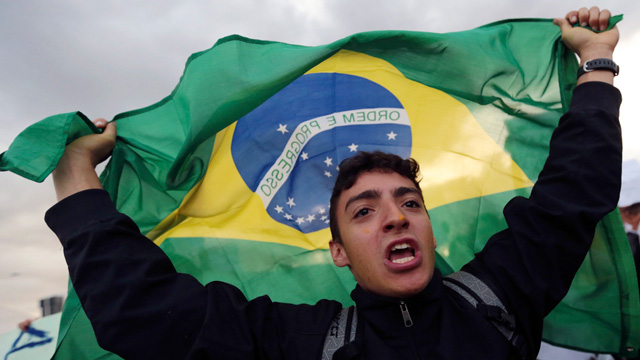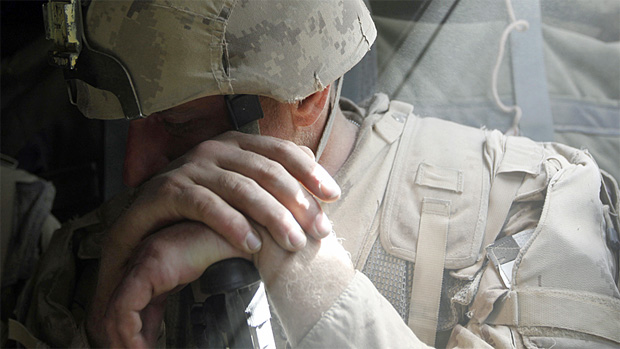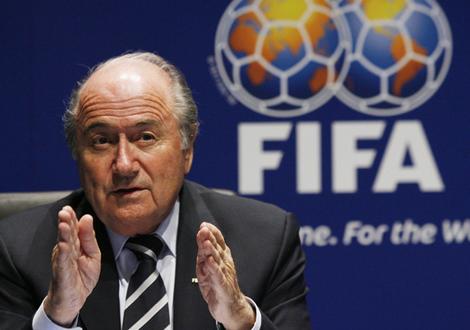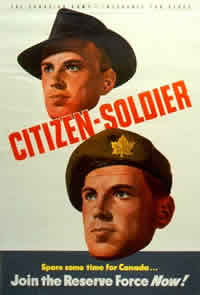Brazil is in crisis. Since March 2013 more than 100,000 people have marched in cities across the country to protest the condition of Brazil while hackers brought down the World Cup website and posted videos of the protests.
For years, Brazil has been racked by political corruption and indifferent police. The main factor preventing protests was Brazil’s booming economy, which propelled millions of Brazilians into the middle class. Now that the economic boom has cooled, Brazil’s problems with police brutality, police corruption and general systemic political corruption have once again returned to the fore of peoples’ minds. Many in Brazil have questioned the need for the World Cup and the Olympics in a country with poverty levels far higher than comparable economies.
[captionpix align=”left” theme=”elegant” width=”300″ imgsrc=”http://natoassociation.ca/wp-content/uploads/2013/06/0101cde688a13914350f6a7067007b49.jpg ” captiontext= “”]
I Bought the Law
Police corruption has long been a problem in Brazil. 2012 saw 63 police officers arrested as a result of a bribery probe. Drug dealers often work hand-in-hand with the police. This is because the police do not have the resources to police all of the cities and have therefore abandoned them to the local gangs. Consequently the gangs have become the de facto rulers of the favelas (local shanty towns). Locals are able to turn to the gangs for help, and the police often do not answer emergency calls. The rulers of Mandela favela, located in Rio de Janeiro, went even further and banned the sale of crack cocaine in order to better control their territory. While undoubtedly a cynical move of behalf of the drug dealers, banning crack with help stabilize the populace and make it easier to control, the ban won plaudits from the residents of the favela.
The Brazilian authorities, both police and military, have engaged in a systematic campaign to retake the favelas from the local gangs surrounding the new stadiums once Brazil was announced as the host of 2014 World Cup. The gangs being fought are more akin to paramilitary forces than average street gangs. Complicating matters is the fact that in many favelas the gangs are viewed most positively than the police, given the Brazilian police’s history of brutality. The tactic of shooting bullets into the favelas before entering has drawn the ire of local civilians. Police even kill one out of every 23 people they arrest. By wantonly and indiscriminately shooting into the favelas, the Brazilian authorities have incensed the very people they are supposed to be protecting. While many are glad that the gangs have been pushed out, they remain unconvinced that the Brazilian police will continue their efforts once the World Cup is over.
Absolute Power Corrupts Absolutely
Corruption is endemic to Brazil. Brazil currently ranks 69th out of 176 countries in Transparency International’s Corruption Perception Index. It is estimated that corruption costs Brazil 41 billion dollars per annum.
The World Cup and the Olympics have become symbols of corruption in Brazil. There have been scandals about payments made for influence and money laundering from various politicians. No less than seven government ministers have stepped down since President Dilma Rousseff assumed power in 2011. The chief of staff of ex-President Luis da Silva, as well as the treasurer of the ruling Workers Party, have received prison sentences for corruption.
The stakes are enormous as billions of dollars are riding on the games. The Brazilian government is counting on the games to make back much of the money spent on hosting them. This is part of the problem. The Brazilian World Cup has already cost Brazil $3.68 billion. To put this in perspective, this is twice what the 2006 World Cup in Germany, cost half as much. The cost of Brazilian Olympics is slated to be $16.6 billion. Critics charge that the spending on the World Cup and the Olympics only benefits those coming to Brazil to watch the games. In order to fund the two events, money has been taken from social services such as health and education; a key factor driving the current unrest
With police brutality, police corruption and political corruption so engrained into Brazilian society, it no surprise that Brazilians are taking to the streets in protest. These protests are reminiscent of the protests that accompanied the end of the military presidency of João Figueiredo in 1985. It is clear that Brazilians are no longer accepting of the status quo. With Brazil meteoric rise onto world stage, Brasilia must reflect the values of, and protect, the Brazilian people. President Rousseff stated on Tuesday that she was proud of Brazil for the protests. Given that on Wednesday riot police were called in to disperse protests in Sao Paolo, one can only wait and see if Brazil’s leaders will make good on their promises of a better Brazil.




